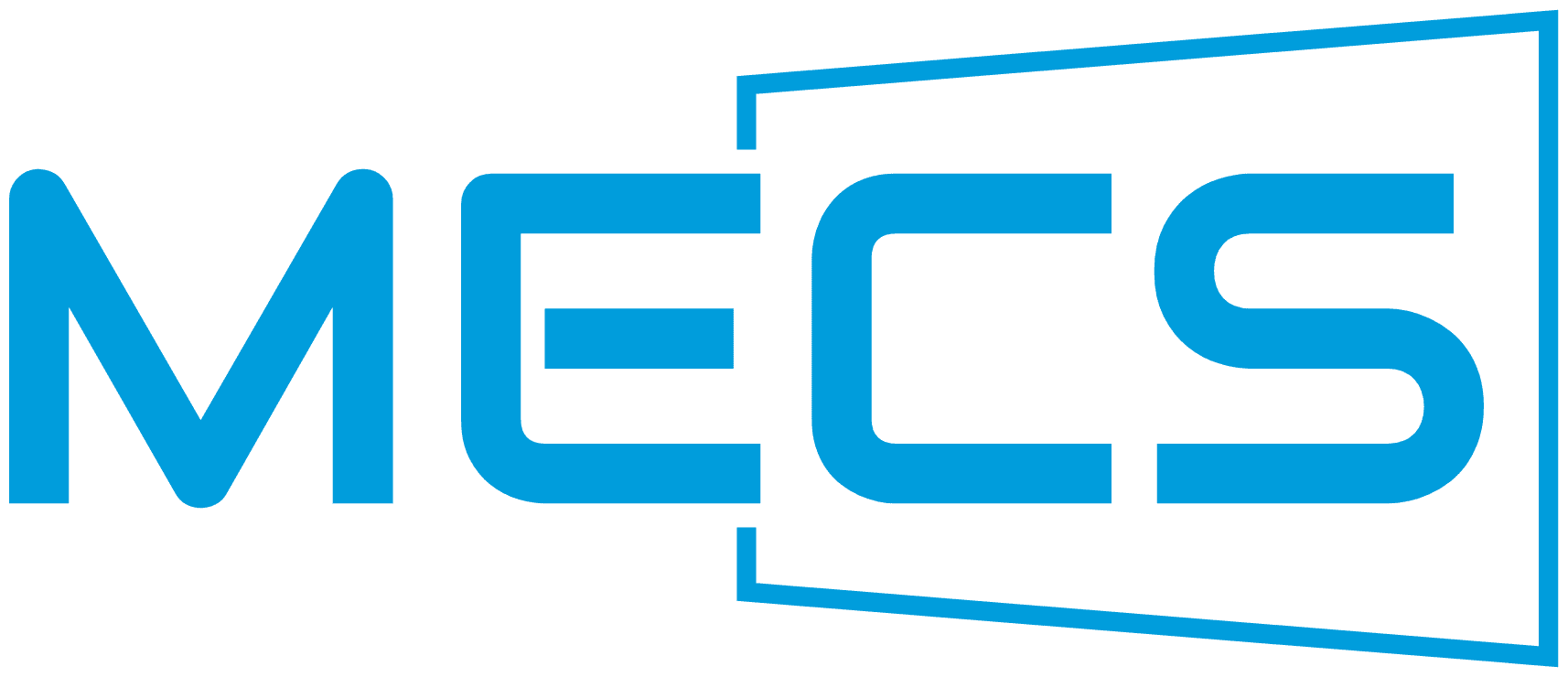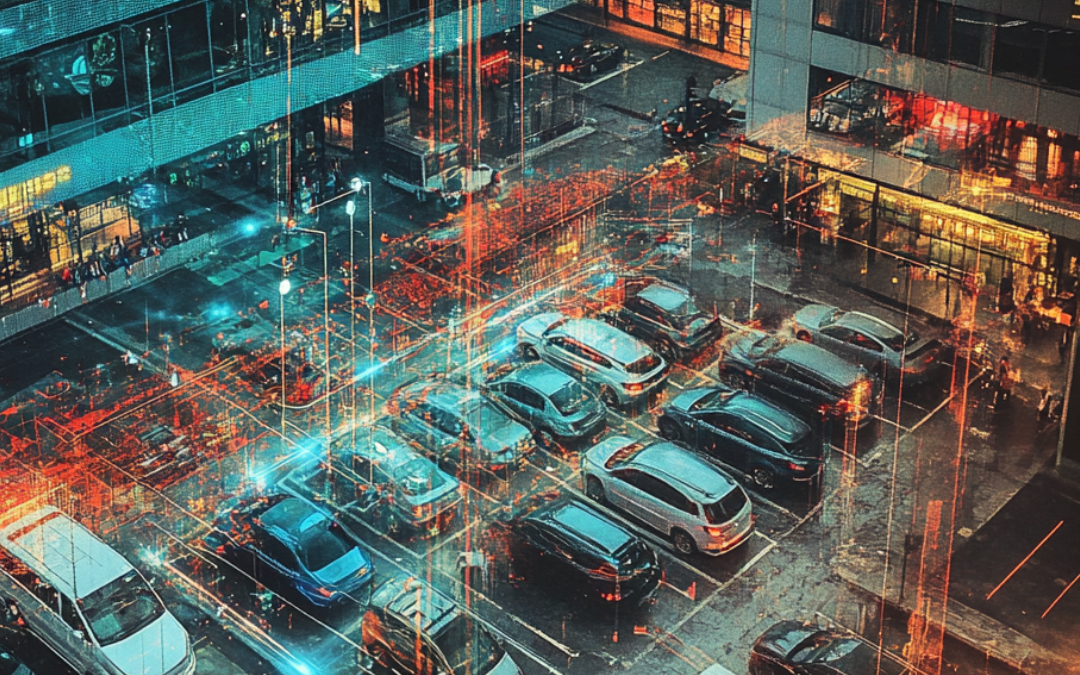As cities grow denser and more dynamic, managing traffic efficiently has become a top priority for urban planners. Smart parking technology is emerging as a game-changer, offering not just convenience but also strategic insights into traffic flow, space utilization, and urban mobility. This innovation helps ease congestion, improve user satisfaction, and pave the way for smarter, more sustainable cities.
The Technology Behind Smart Parking
Smart parking systems use IoT sensors, real-time data analytics, mobile apps, and cloud-based platforms to detect available parking spaces and guide drivers to them. These systems are often integrated with traffic management platforms, offering a seamless experience for both users and city operators.
Key components include:
- Real-Time Sensors: Detect vehicle presence in individual spots.
- Mobile Applications: Guide drivers to available spaces, provide pricing, and even enable remote payment.
- Data Analytics Dashboards: Offer insights into peak usage times, turnover rates, and user behaviors.
- Cloud Integration: Ensures system scalability and remote accessibility.
Integration Benefits for Urban Planners and Operators
For city planners and facility managers, the integration of smart parking with other city infrastructure offers numerous benefits:
- Reduced Traffic Congestion: By minimizing time spent searching for parking.
- Lower Emissions: Less idling leads to fewer CO₂ emissions.
- Revenue Optimization: Dynamic pricing and better usage tracking improve income from municipal lots.
- Improved Compliance: Digital systems help enforce parking rules more consistently.
These systems also make it easier to implement demand-responsive policies and integrate with broader smart city ecosystems like traffic lights, public transport, and emergency vehicle routing.
Real-World Use Cases
Across the U.S. and globally, cities are already seeing success:
- Los Angeles implemented a dynamic pricing model based on occupancy data from smart meters.
- San Francisco uses sensors and apps to direct drivers, resulting in measurable traffic reduction.
- University campuses use smart parking to streamline commuter experiences and reduce stress during peak hours.
These implementations not only benefit drivers but also support long-term urban development goals.
Transforming the User Experience
From a user standpoint, smart parking means less time circling the block and more transparency in pricing and availability. Features such as app notifications, cashless payments, and even reservation capabilities make the entire parking journey smoother and more predictable.
Take the Next Step with MECS
As a leader in smart technology solutions, MECS offers cutting-edge smart parking systems tailored to the needs of modern cities and facilities. Explore our full range of offerings and see how we can help you reshape urban mobility for the better.

Ready to Elevate Your Next Event?
Get the strategies, tools, and templates we use to deliver standout live experiences.
Our Live Event Production Guide is packed with real-world insights, checklists, and best practices you can start using right away.

